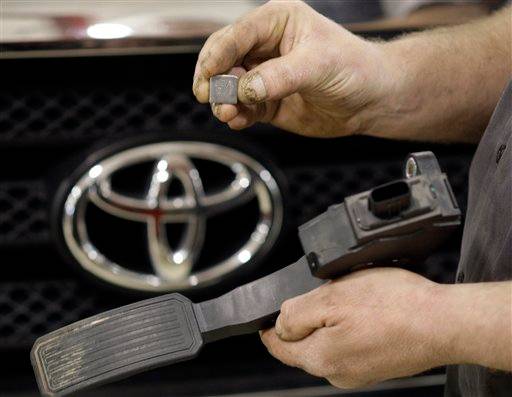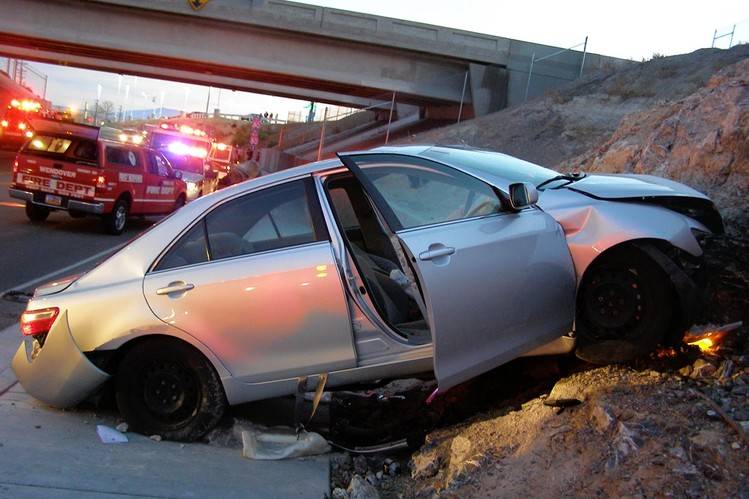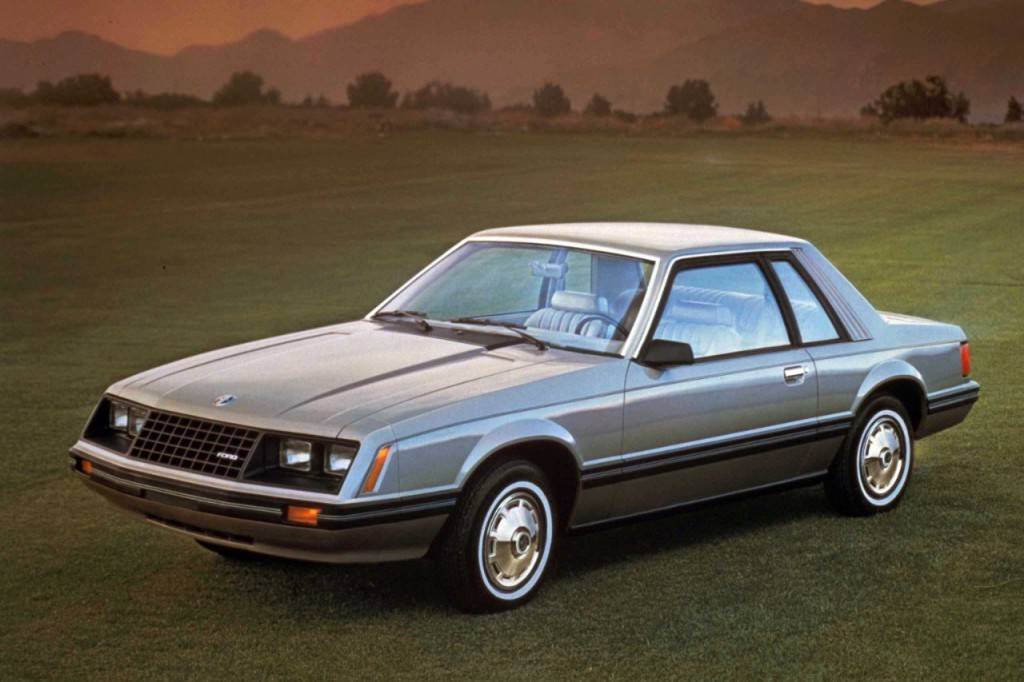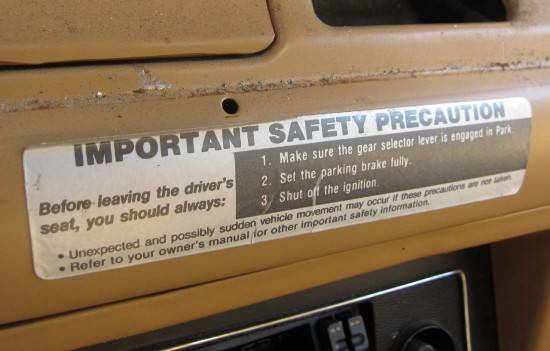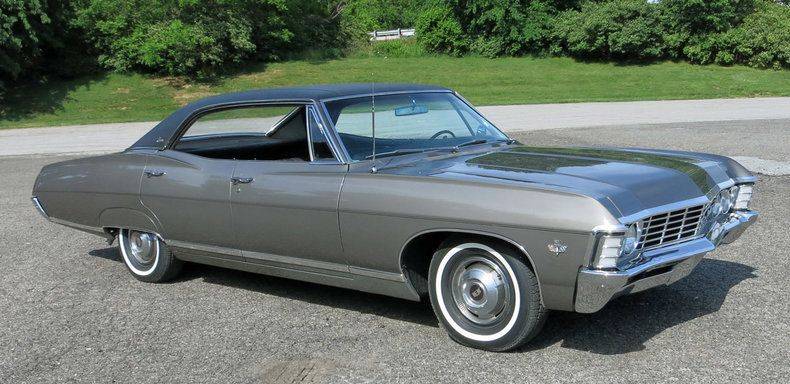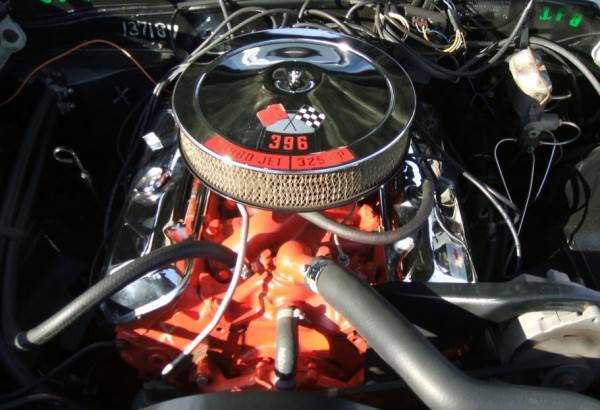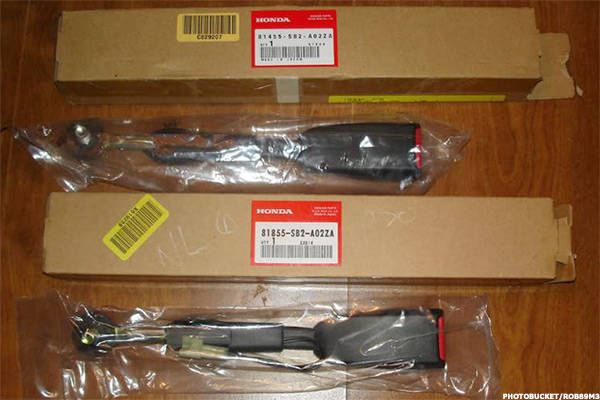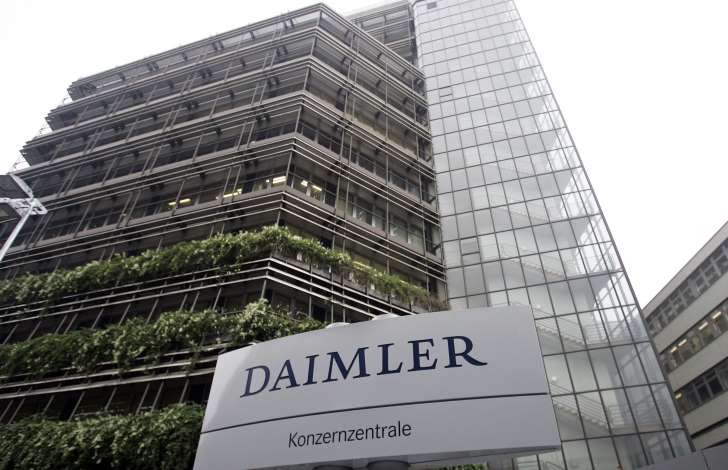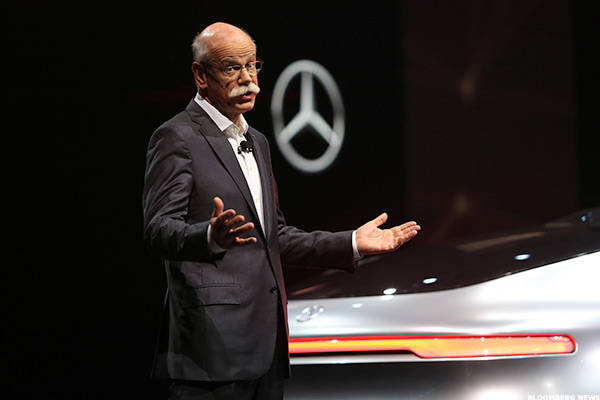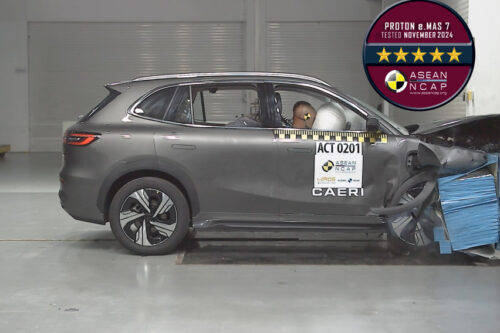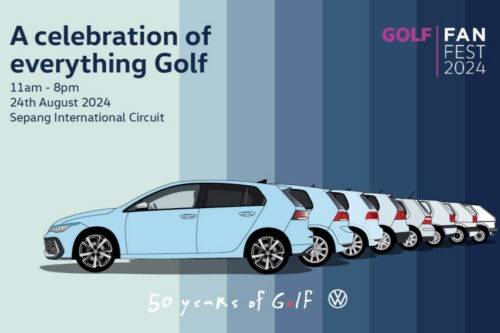5 of the Most Infamous Automotive Scandals of all time – 2
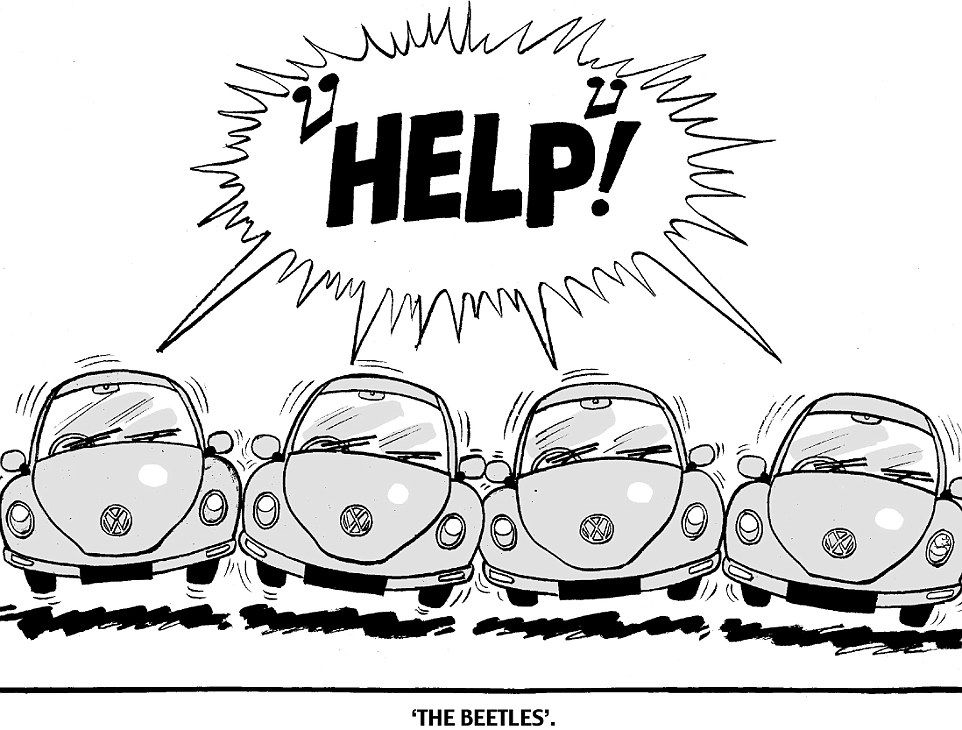
Kuala Lumpur: Volkswagen's Dieselgate might be one of the most notable cheats that have ever happened in the auto industry, but it certainly isn't the largest – or the most expensive.
Throughout the years, some of the world's biggest automakers have made history because of their devastating design flaws that slipped through the cracks of the production line and cheatings to make billions.
As we explained in our earlier article that car manufacturers are mega business houses and they always look out for a possible way to maximize profits and reduce operating costs. Thus, these cheating techniques sometimes result into catastrophic events for the company and the consumer. Here's another chapter to our earlier story featuring five more infamous scandals of all time. Move ahead and check out those scandals which unleashed wrath upon their makers.
Check out the first part of the story here: 5 of the Most Infamous Automotive Scandals of all time
6. Toyota's Accidental Acceleration
Toyota's infamous scandal came into light in 2009, when authorities the authorities released an audio recording of a 911 call from CHP Officer Mark Saylor’s as his Lexus began to accelerate on its own. The car reached speeds of 125 miles per hour before it crashed, killing Saylor and three other occupants. Three years later, Toyota admitted that it misled the public, and recalled 9.3 million vehicles worldwide. Toyota later on agreed to pay the U.S. Government $1.2 billion to avoid prosecution, the largest criminal penalty ever imposed on a car company.
Toyota just like other brands tried its best to avoid their mistake by blaming the driver. Later the company suggested that floor mats were somehow impeding the return of the gas pedal, but the company couldn't hold on to the secret anymore and accepted that gas pedal assembly was the culprit.
7. Ford's failure to park transmission defect
Following the major Pinto debacle, Ford faced another devastating recall in 1980 when the U.S. National Highway Traffic Safety Administration (NHTSA) found a defect in Ford Motor vehicles related to transmissions that permitted them to slip accidentally from park to reverse. This problem was occurred to Ford automatic transmissions built between 1966 and 1980 causing the cars to roll unexpectedly.
The same year, Mother Jones Magazine reported that claimed that the company had known about the defect since at least 1972 and rejected a design improvement that would have cost $0.03 per car to fix the issue.
The issue took a huge leap when it was found that the defect was the cause of 777 accidents, including 259 injuries and 23 deaths. The NHTSA was about to announce a mega recall of around 23-million Ford cars, a move that would have likely bankrupted Ford. But the company somehow found a scapegoat by mailing out 23 million stickers to Ford owners to put on their dashboards, reminding them to “make sure the gear selector lever is fully engaged in Park,” and to “fully engage the parking brake” before turning the car off. By the end of 1984 the dangerous transmissions resulted into 77 fatalities.
8. The Chevrolet engine mount recall
In 1969, the National Highway Traffic and Safety Administration (NHTSA) received a report that the engine mounts used on 1965 to 1969 full-size Chevys could collapse. Because of the heavy engine torque causing the motor to rise up against the hood, pinching the throttle cable which could cause unintended acceleration. This could set off a potentially deadly chain reaction.
Further GM revealed to the NHTSA that it had been using the same engine mounts for its cars since 1958 and had already received “172 reports of failed motor mounts, with 63 accidents and 18 injuries.” Surprisingly the American car maker instead of taking any action kept quiet for nearly three years.
After a heavy media pressure citing “publicity which has been given the issue” — GM announced on December 5, 1971, that it would recall a whopping 6.5 million vehicles and fix the issue.
9. Takata Seatbelts
Takata has always been a name in controversy, the recent Airbag scandal is not the only one. In the mid-90s, nearly every major auto manufacturer was using seatbelts produced by the Takata Corporation of Japan. After a nine-month investigation of more than 931 consumer complaints, it was reported by the National Highway Traffic Safety Administration that the seatbelts manufactured by the Japanese auto parts maker had a serious flaw. The button on the latch of the belt was prone to crack and jam the locking mechanism, literally trapping the driver and passengers in their seats.
After the issue came out in public notice nine major automakers agreed to offer replacement mechanisms for more than 8.3 million of their vehicles at an estimated cost of $1 billion. Major models affected by the recall were numerous models made by Honda, Nissan, Chrysler, Mitsubishi, GM, Mazda, Suzuki, Subaru and Isuzu between 1986 and 1995.
10. Daimler's International Bribery
Daimler, Yes another major German manufacturer got caught up in a felony of corruption and bribery that took place for over a decade. Daimler (DDAIF) later reached a settlement with the Securities and Exchange Commission in 2010.
The German car maker behind Mercedes-Benz made at least $56 million in fraud payments through more than 200 transactions in 22 countries and later agreed to pay a penalty of $185 million in the wake of allegations. The SEC reported that the German manufacturer made around $1.9 billion in revenue and $90 million in illegal profits through the dealings and paid kickbacks to Iraqi ministries in connection with the United Nations Oil for Food Program.
Sell your car at the best price
 Verified and genuine buyers
Verified and genuine buyers
Trending & Fresh Updates
- Latest
- Popular
You might also be interested in
- News
- Featured Stories
Featured Cars
- Latest
- Upcoming
- Popular
Latest Car Videos on Zigwheels

